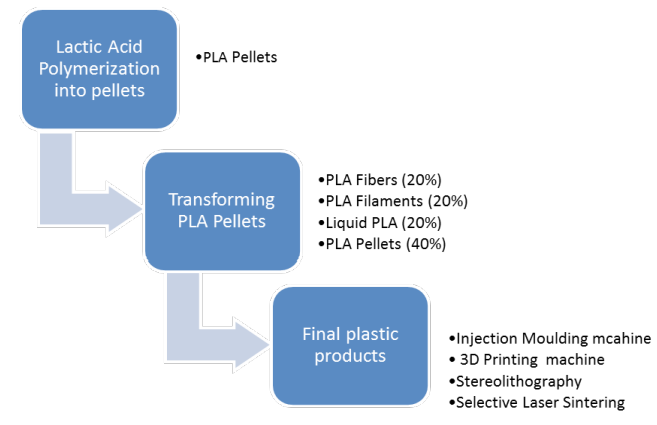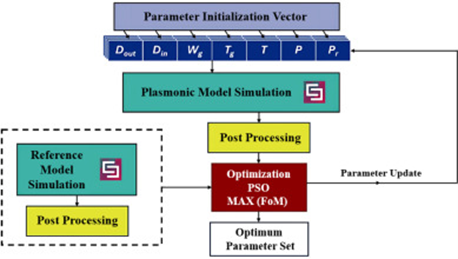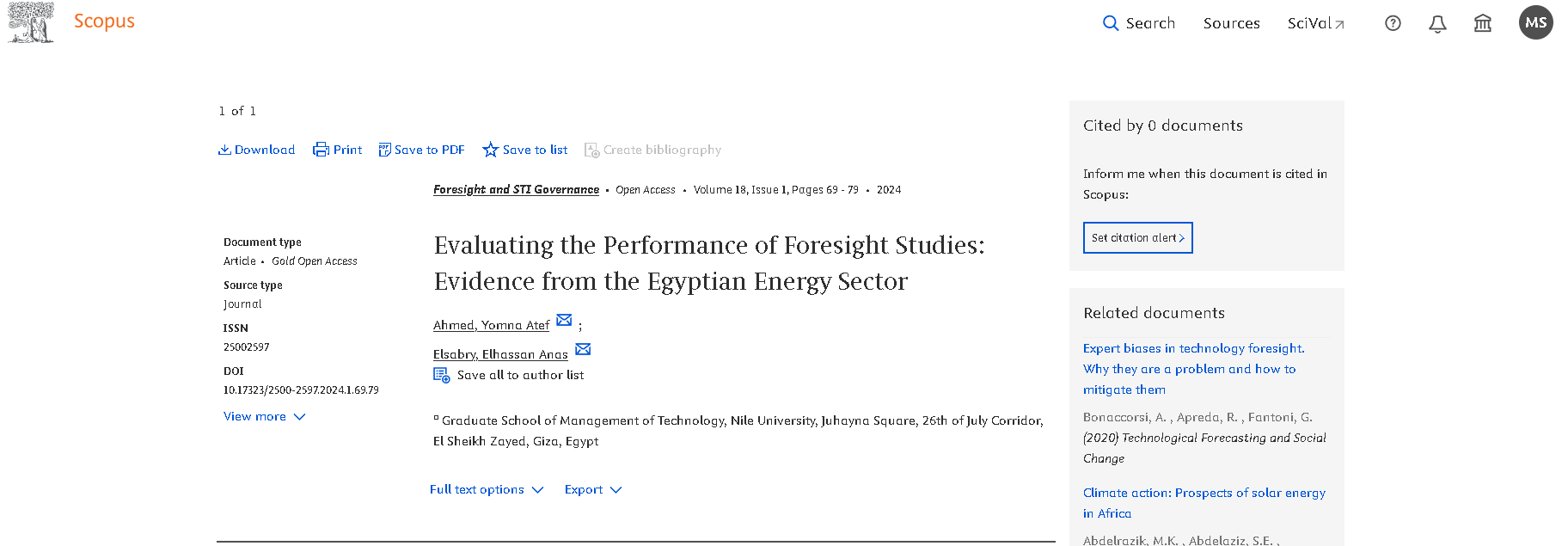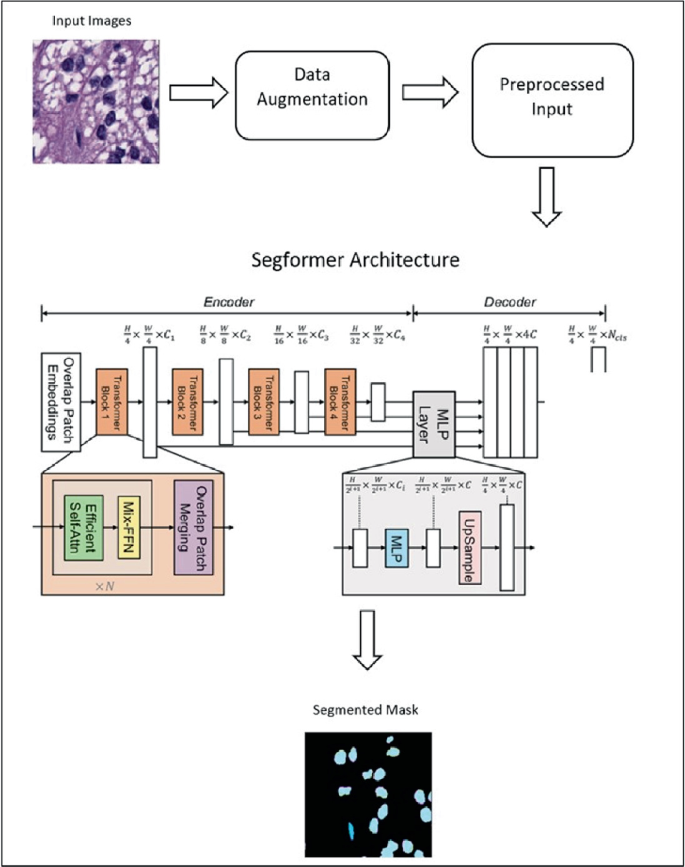

A study on the feasibility of producing polylactic acid from cotton and coffee waste in Egypt
The amount of solid waste is growing In Egypt. It is estimated to be 20 million tons annually according to the Ministry of environment forecasts. The typical competence of collection in urban areas signifies 40 – 80%, although the middling proficiency of assortment processes and transport in rustic areas signifies 40 % which is considered hazardous for communal health and environment deprived of handling solid waste in integrated framework for solid waste management system. The reprocessing and treatment procedures in Egypt represent about 9.5 % of the entire urban solid waste, which is considered a low proportion of waste. The final disposal of waste in most cases are uncontrolled and administered arbitrary landfills making them self – ignition which is so harmful to the environment. Only 5 % of the waste is predisposed in hygienic and safe landfill that preserves underground water at present time, almost all human industries comprise the usage of polymeric materials. Nevertheless, polymers and their residuum are confined for a long time in the environment, prompting a substantial quantity of ecological harm. Throughout previous years a figure of solid waste management technologies has been executed in numerous developing nations around the world, not only to implement new forms of economic and social development for the product but also consider their environmental impact. The project proposes a green value chain innovative waste management system to produce biodegradable plastics. The waste management system starts from collection of coffee and cotton waste, their transportation to treatment, segregation, storage and finally manufacturing PLA polylactic acid based on sustainable environment and technology involvement initiative. Thereby, this paper pursues to progress contemporary, biodegradable polymeric resources with the usage of renewable raw materials such as agriculture waste in Egypt. As technology started to impact in all life sciences and industries, it is not astonishing that Internet of things is in progress in the field of waste management and recycling industries, toward sustainability. The advanced mechanical segregation process established in this study uses agriculture waste with superior cost and production efficiency, with no harmful environmental influence. In order to get the appropriate data about waste and the feasibility of producing PLA from it, the methodology for this research is mainly based on Desktop research from Egypt Knowledge bank search engine using the following searching keywords (waste management globally, suitable development and waste, Egyptian cotton production), and structured interviews that consists of specific questions to collect the required data from targeted interviewees in the field of waste management. There are promising results that revealed that PLA can be produced from agricultural cotton waste, coffee waste and food waste. It is then used to produce plastic utensils (plates- forks -boxes) using additive manufacturing and injection molding manufacturing techniques. The rising attention in sustainability and climate crisis concerns initiates the market demand for environmentally friendly plastics. © IAMOT 2019.



